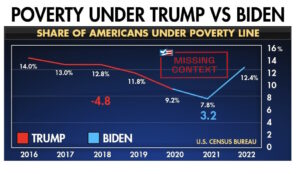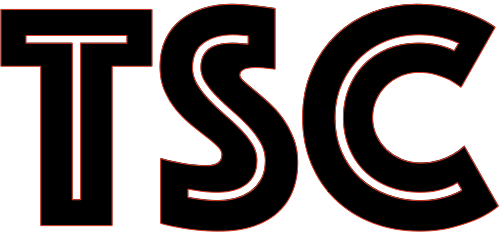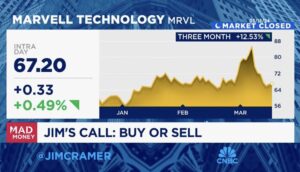
When you make purchases through our links we may earn a small commission.

Photo Credit: Garin Chadwick
Put It On Your Wall: CanvasOnDemand.com
Help us spread the word about the benefits of Universal Basic Income for only $1.99 a month – every dollar helps.
🇺🇸
Don’t forget to ‘Like’ our social issues Facebook page, Partisan For The People, where you can comment on – and share – all our latest posts.
Universal Basic Income (UBI) has been a topic of discussion as a potential solution to address economic inequality, fuel American entrepreneurism and business creation, and provide financial stability to citizens. This article explores various funding sources to support the implementation of UBI in the United States.
Cost of UBI
To estimate the cost of providing $1,000 per month to every American adult citizen, we can use the following calculation: Total U.S. Adult Population (approximately 255 million) * Monthly UBI per person ($1,000) * 12 months. This yields an annual cost of $3.06 trillion.
Content Continues Below
Universal Healthcare Savings
Implementing a universal healthcare system could potentially save around $500 billion annually. By streamlining healthcare services and reducing administrative costs, a universal system could enhance efficiency and allocate resources more effectively.
Welfare Services Consolidation
Consolidating welfare services, including housing, food, and education assistance, could result in significant savings. The elimination of redundant processes and administrative costs would contribute to overall efficiency. While maintaining support for handicapped or impaired recipients, the estimated annual savings could range from $200 to $300 billion.
Technological Advancements
As technology continues to advance, certain government-funded jobs may become obsolete. While this could lead to job displacement, it could also result in savings from reduced labor costs. The potential savings depend on the extent to which automation is integrated, but savings estimates range from $100 to $200 billion annually.
Value-Added Tax (VAT)
To balance the budget, a Value-Added Tax (VAT) on the national GDP could be implemented. VAT is a consumption tax applied at each stage of the production chain. Estimates suggest that a VAT rate of 10% to 15% might be needed to generate sufficient revenue. This could contribute an additional $2 to $3 trillion annually.
Intangible Benefits
Implementing UBI not only addresses economic concerns but also has intangible benefits. Reduced poverty, crime, homelessness, and substance abuse contribute to an improved quality of life for individuals. While these benefits are challenging to quantify monetarily, they form a crucial part of the overall positive impact of UBI.
The Last Word
Funding Universal Basic Income requires a multifaceted approach, combining savings from healthcare reform, welfare service consolidation, technological advancements, and the introduction of a VAT. The estimated costs and savings outlined in this article provide a foundation for understanding the financial implications of UBI. Additionally, the intangible benefits underscore the potential transformative impact on societal well-being.
You’ll get more articles like this – and our favorite promotional offers delivered straight to your inbox.
By submitting this form you agree to our terms and conditions. You can unsubscribe at any time.
- #TAGS: economy, UBI, universal basic income, US budget

Preventing discriminatory mortgage lending

Video: Mira Shape Knitted TRANSPARENT Try-On. YES or NO?

Fixing bridges, building tunnels and expanding broadband

A penalty for college programs that trap students in debt



The Pitfalls of Popularity: Unraveling the Appeal to Popularity Fallacy

CHRISTMAS LINGERIE TRY-ON HAUL | Maddie Price

Preventing a cobalt crisis in Congo



Universal Basic Income (UBI): Fostering Work Incentives and Security




















